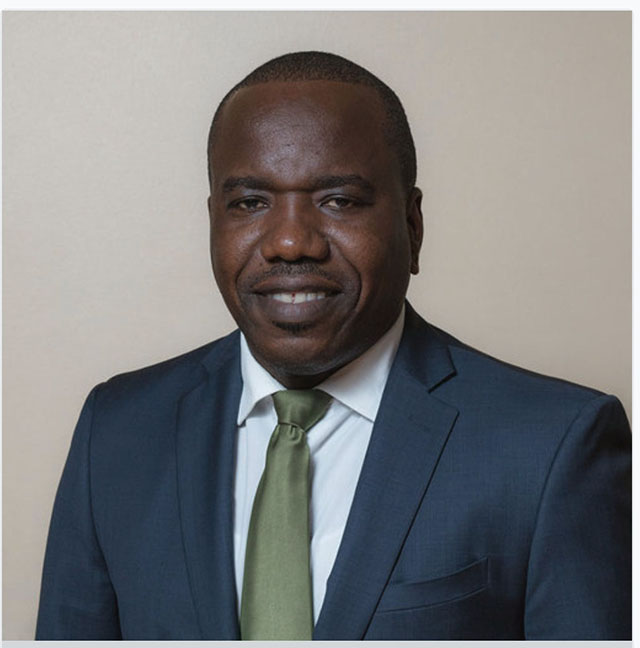As COVID-19-related illness and death rates mount globally against the backdrop of an increasingly desperate search for a cure, the United Nations is reporting that the illegal trade in fake or faulty products associated with either treating or fending off the virus is booming.
With illness and fatality rates both mounting and the international community now beginning to drift into a discomfiting ‘new normal,’ a July UN assessment points to a boom in the emergence of “fake or faulty COVID-19 products.” The addition of ‘remedies’ for the virus to what is already a multi-billion dollar trade in fake drugs has led the UN Office on Drugs and Crime (UNODC) to warn that it poses a new risk to health and lives “with criminals exploiting the COVID-19 crisis to cash in on public anxiety.”
The UNODC study titled “COVID-19-related Trafficking of Medical Products as a Threat to Public Health” also says that the likelihood of a further proliferation of costly but ultimately useless ‘remedies’ for COVID-19 highlights the longstanding shortcomings in regulatory and legal frameworks aimed at preventing the manufacturing and selling of these products, UNODC says that its research reveals that “transnational organized crime groups take advantage of gaps in national regulation and oversight to peddle substandard and falsified medical product.”
Guyana, with its own first-hand experience of longstanding and serious weaknesses in systems designed to guard against the proliferation of fake drugs and their lethal consequences, remains among poor countries that could fall victim to the COVID-19 fake drugs problem. Director of the Government Analyst-Food & Drugs Department (GA-FDD) Dr. Marlan Cole has repeatedly warned of Guyana’s vulnerability to fake medicines given its weak control systems. Last week, in response to an inquiry from the Stabroek Business, Cole said that the GA-FDD was “aware of the threat” of fake COVID-19 drugs but that up until now it had only “removed substandard hand sanitizer from our market” and that it is continuing testing “a lot of alcohol-based hand sanitizers.” Another medical source who declined to be identified told this newspaper that while he strongly doubts that there has been any “significant importation” into Guyana of “professed remedies” for COVID-19, the threat remains real given “what is known to be the longstanding weaknesses in our defences including corrupt practices and the fact that there has been no serious effort over many years to strengthen the system.
Up until now, local ‘options’ for ‘protection’ against COVID-19 have been limited to traditional home remedies and to healthy eating though the impact of these on fending off the virus remains unproven.
UNODC says that one of its concerns is that the falsification of medical products bears significant risks for public health as products may not properly treat the disease and may facilitate the development of drug resistance. It notes, meanwhile, that criminal groups seeking to ‘cash in’ on the opportunity have long adjusted to the opportunities arising from the COVID-19 pandemic to exploit the vulnerabilities and gaps in the health and criminal justice systems across the world. It notes that the various “fraud, scams and seizures, involving the manufacture and trafficking of substandard and falsified medical products” have followed the spread of the virus, attaching themselves mostly to countries where potential customers can afford to pay for these ‘remedies.’ UNODC cites a case in Germany where the health authorities there contracted two sales companies to procure €15 million worth of face masks through a cloned website of an apparently legitimate company in Spain. UNODC says that it is likely that the modus operandi of the criminal gangs will change over the course of the pandemic, pointing out that once a vaccine is developed criminal pursuits will shift from trafficking in fakes to a smuggling of the vaccine. It says too that ongoing cyber attacks on critical infrastructure involved in addressing the pandemic are likely to continue in the form of on-line scams targeting health procurement authorities.
UNODC says that strengthening legal frameworks and penalties, and a more harmonized global approach to the criminalization of the manufacture and trafficking of falsified medical products is crucial, as only a common approach will enable effective responses to crimes impacting individuals and public health, the UNODC brief maintains. It says, as well, that preventing, detecting, and responding to medical product-related crime will require people who work in the medical product sector to acquire new or additional skills.





